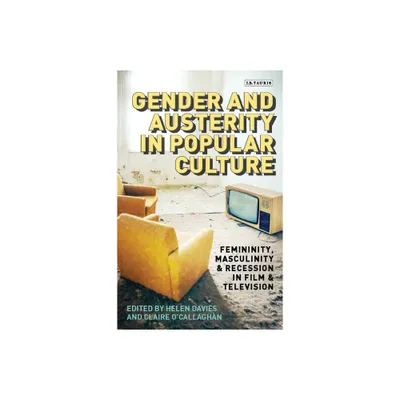Home
Lucifer Ascending: The Occult in Folklore and Popular Culture
Loading Inventory...
Barnes and Noble
Lucifer Ascending: The Occult in Folklore and Popular Culture
Current price: $35.00


Barnes and Noble
Lucifer Ascending: The Occult in Folklore and Popular Culture
Current price: $35.00
Loading Inventory...
Size: OS
*Product Information may vary - to confirm product availability, pricing, and additional information please contact Barnes and Noble
Despite their centuries-old history and traditions, witchcraft and magic are still very much a part of modern Anglo-American culture. In
Lucifer Ascending
, Bill Ellis looks at modern practices that are universally defined as "occult," from commonplace habits such as carrying a rabbit's foot for good luck or using a Ouija board, to more esoteric traditions, such as the use of spell books. In particular, Ellis shows how the occult has been a common element in youth culture for hundreds of years.
Using materials from little known publications and archives,
details the true social function of individuals' dabbling with the occult. In his survey of what Ellis terms "vernacular occultism," the author is poised on a middle ground between a skeptical point of view that defines belief in witchcraft and Satan as irrational and an interpretation of witchcraft as an underground religion opposing Christianity.
examines the occult not as an alternative to religion but rather as a means for ordinary people to participate directly in the mythic realm.
Lucifer Ascending
, Bill Ellis looks at modern practices that are universally defined as "occult," from commonplace habits such as carrying a rabbit's foot for good luck or using a Ouija board, to more esoteric traditions, such as the use of spell books. In particular, Ellis shows how the occult has been a common element in youth culture for hundreds of years.
Using materials from little known publications and archives,
details the true social function of individuals' dabbling with the occult. In his survey of what Ellis terms "vernacular occultism," the author is poised on a middle ground between a skeptical point of view that defines belief in witchcraft and Satan as irrational and an interpretation of witchcraft as an underground religion opposing Christianity.
examines the occult not as an alternative to religion but rather as a means for ordinary people to participate directly in the mythic realm.


















